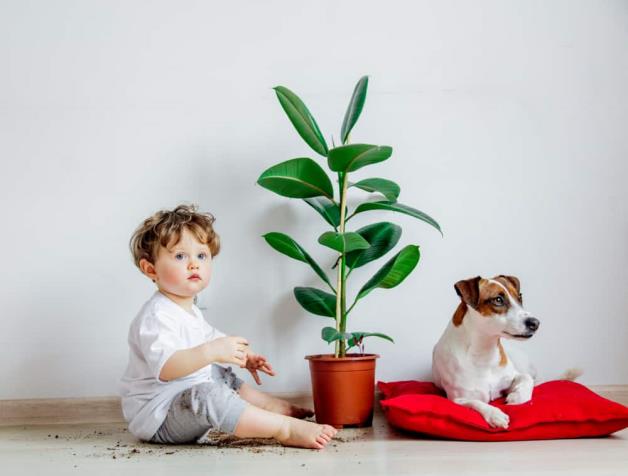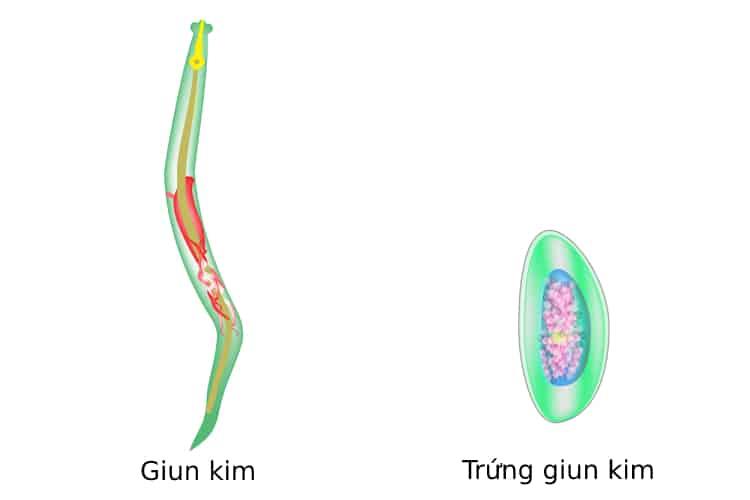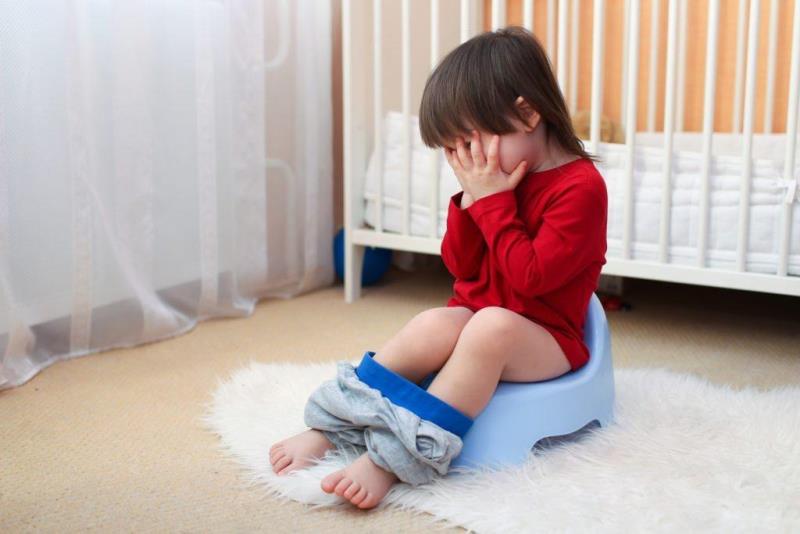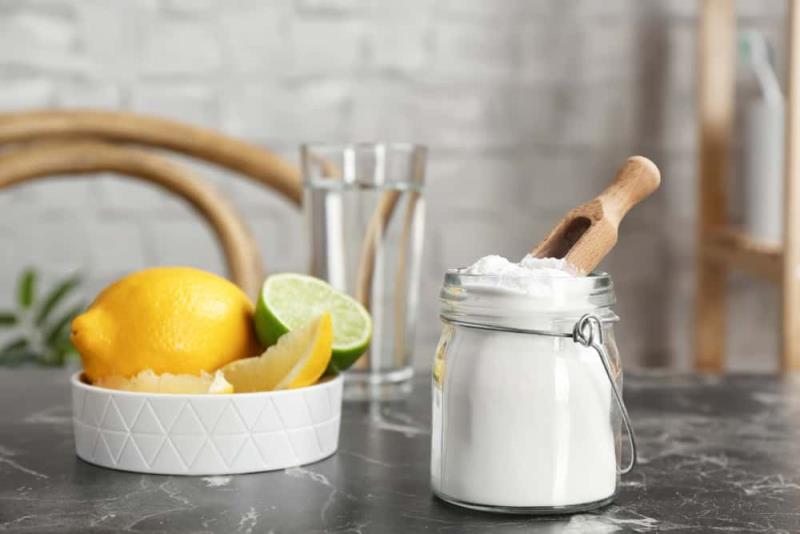Children with anal itching: Causes and home remedies

Children with anal itching may be related to hygiene or medical problems. This condition is usually not dangerous, but the itching makes children feel uncomfortable, sad, affecting daily activities. Therefore, parents should not be subjective when children often scratch in this area.
Let's find out the causes and home remedies for anal itching in the following article.
Causes of anal itching in children
Children with anal itching can have many causes, including:
Children with anal itching due to pinworm infection
Pinworms, also known as Enterobius vermicularis, are one of the most common causes of infections in children. The manifestation of pinworm infection is that the child often wakes up at night and constantly scratches the anus. In addition, children may also have bedwetting because pinworms irritate the urethra.

Pinworms are very contagious when infected children touch their hands with worm eggs on food, toys, bedding, clothes, etc. of other children. This is also the reason why the disease often appears in children who attend preschool or daycare classes.
When children show signs of infection with pinworms, parents should take their children to the hospital for examination. Your doctor may prescribe certain medications to treat this parasitic infection. Pinworm itching will continue for about 1 week after treatment.
Streptococcus (strep) around the anus
Perianal strep infections can occur in young children, especially when other family members have recently had strep throat. The sign of the disease is a red and itchy rash around the anus. In some cases, children also have a fever and bloody stools.
Treatment for perianal strep infection is usually with antibiotics (oral or topical).
Children with anal itching due to yeast infection
A rash caused by a yeast infection usually appears in the folds of the skin. They produce dark red skin with slightly raised borders, and cause itching and discomfort in the baby's buttocks, anus and groin.
The child's anal area is not cleaned properly
When a child finishes urinating or defecating without cleaning, the wet or dirty skin can become irritated, causing the child to experience anal itching.

Wearing tight clothes
Tight clothing can cause anal itching. Parents may notice that their baby is uncomfortable with the clothes they are wearing by frequently grabbing and pulling the clothes down.
Besides the above causes, your baby can also have anal itching due to allergies to detergents. In addition, your baby's sensitive skin will be easily irritated by spicy foods and citrus fruits.
Treatment of anal itching for children at home
Parents can apply some simple ways to reduce anal itching for their children:
- Trim fingernails so your baby doesn't scratch their skin when they scratch. Clean your child's nails daily with a soft bristle brush and antibacterial soap.
- Make sure your child's anal area is always clean. For children who are just learning to go potty, parents should assist with cleaning until the child is able to do it properly on his own.
- Mix 1/4 cup of baking soda in a bowl of warm water and let your child soak for 15 minutes, twice a day. Baking soda has antibacterial, antifungal, and anti-inflammatory properties. Moreover, it is also very skin-friendly for children.

- Always keep your baby's anal and genital areas completely dry after bathing. A humid environment can cause bacteria and yeast to grow, causing more irritation and itching. To ensure the baby's body is always dry, parents should sprinkle cornstarch on this area and change the child's underwear regularly, especially on hot days.
- Use fragrance-free soaps to wash your baby's underwear. Besides, parents should only rinse clothes with normal water, do not use more fabric softeners because they can irritate the baby's sensitive area. Toilet paper and wipes should also be chosen that do not contain fragrances or dyes.
If applying the above methods does not work, you should take the child to the hospital for examination. The doctor will prescribe a number of anti-itch creams suitable for the condition and age of the child.